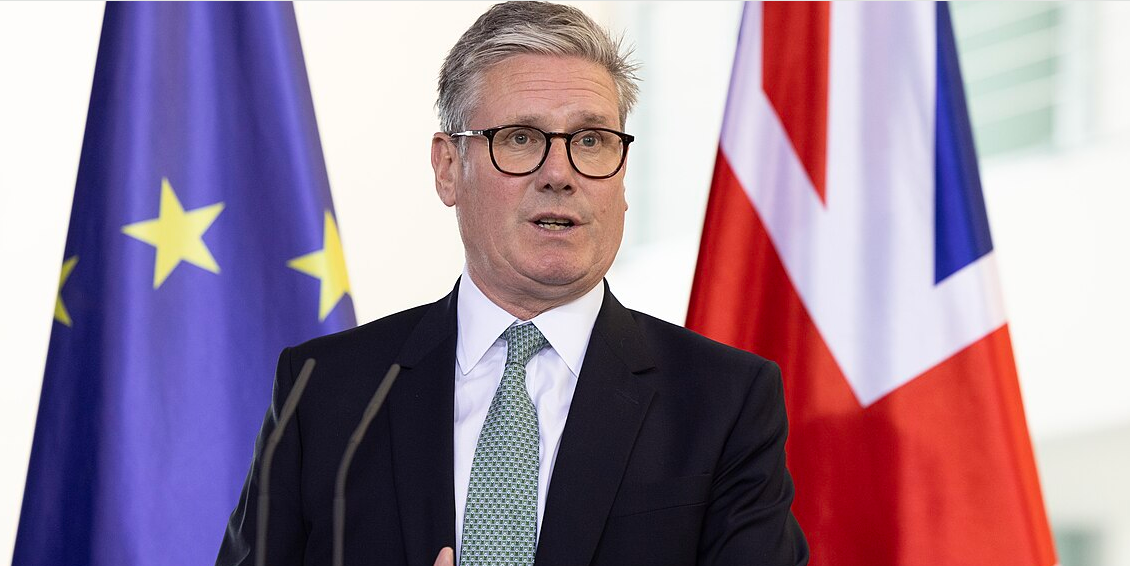British Prime Minister Keir Starmer has dismissed criticism that the newly signed UK-India trade agreement unfairly benefits Indian workers, calling the claims “incoherent nonsense”. The deal, announced on May 7, includes tariff reductions on British exports to India and a temporary exemption for some short-term Indian workers from paying into Britain’s social security system for up to three years.
Political Controversy Over Tax Breaks
The Double Contributions Convention (DCC), a reciprocal agreement, also applies to British workers in India, ensuring they are not taxed twice. However, while the UK government has downplayed this aspect, Indian officials have hailed it as a major victory for their workforce.
Opposition leaders, including Nigel Farage, argue that the deal undercuts British workers, claiming that Indian firms and employees will pay 20% less tax than their UK counterparts. Trade Minister Jonathan Reynolds, however, insists that the changes will affect only a small number of workers and are consistent with agreements Britain has with 50 other countries.
Economic Impact and Industry Response
The UK government estimates that the DCC agreement will cost £100 million annually, but officials argue that the broader trade deal will boost the economy by £4.8 billion per year by 2040. Indian IT companies, which frequently transfer employees to Britain, are expected to benefit significantly from the exemption.
Looking Ahead
With 81,000 work visas granted to Indian nationals last year—more than any other nationality—the deal’s long-term effects on immigration, taxation, and employment remain a point of contention. As the UK navigates post-Brexit trade policies, the agreement with India marks a significant milestone, but political divisions over its fairness persist.
Prime-Minister-Keir-Starmer-Picture-by-Simon-Dawson-on-Wikipedia



